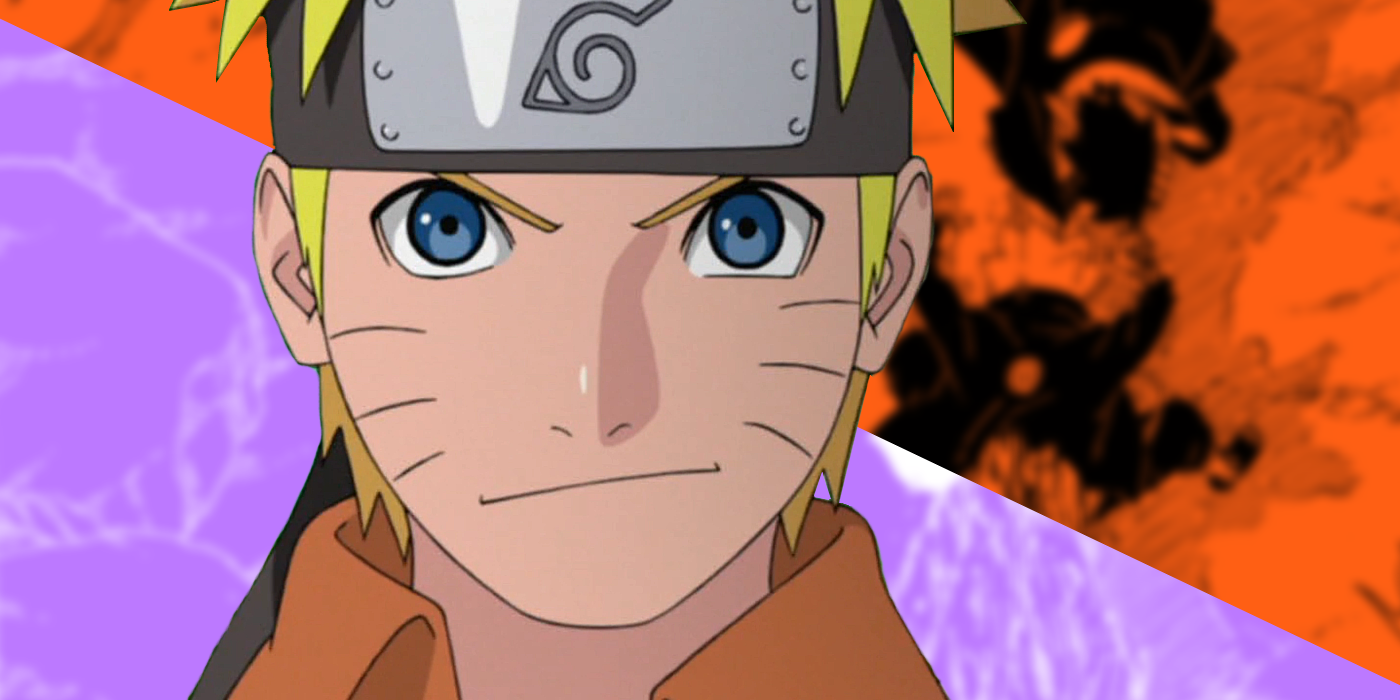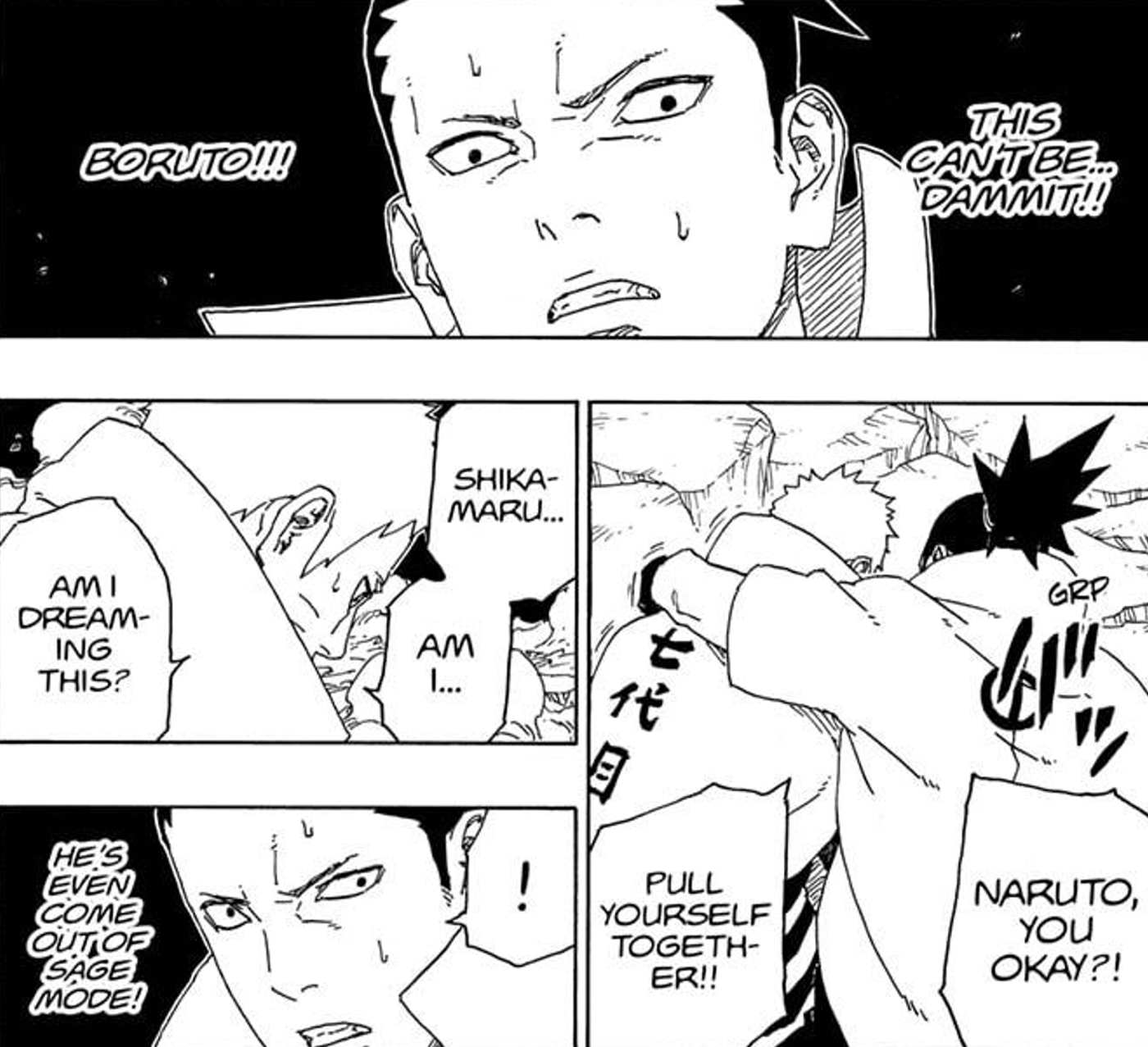Warning: contains spoilers for Boruto chapter 67!
The sequel to the best-selling manga Naruto is not living up to its high expectations, as Boruto's thoughtless resurrection of the namesake protagonist undoes one of its predecessor's greatest achievements.
Beginning publication in 2016 in the pages of Weekly Shonen Jump, Boruto is the sequel to the fourth best-selling manga series in history, Naruto, created by Masashi Kishimoto. Drawn by Kishimoto's former assistant, Mikio Ikemoto, and written by Kishimoto himself, the manga tells the story of Boruto, the son of Naruto, who by this time has achieved his dream of becoming the Seventh Hokage. The series was, in the beginning, strongly focused on the difficult relationship between father and son. Naruto's job as Hokage made him an absent father, and Boruto's desire to live up to the standards of his legendary parent made him take questionable decisions, such as cheating during the ninja selection exam. Quite soon, the manga shifted its focus towards classic shonen tropes, with the fight against the powerful organization called Kara. However, many Naruto fans have expressed their dislike for the sequel.
Much like Boruto is initially struggling to live up to his father's standard, the sequel has a hard time following up a manga that was praised for its innovative storytelling choices and the unusually (for a shonen) careful depiction of the emotions and inner struggles of its characters. The introduction of Kawaki, a human test subject who runs away from Kara and is adopted by Naruto, allowed for another shift towards characters' relationships, but the storytelling still feels underdeveloped. The dynamic between Kawaki and Boruto is supposed to mirror the one between Sasuke and Naruto in the original manga, but in Boruto it is very hard to feel that something is actually at stake, and thus empathize with the characters. The greatest evidence for this was provided in chapter 66 when Kawaki killed Boruto to stop the villain Otsutsuki Momoshiki from taking over his body - an event recently undone by the character's resurrection.
If the fact that Boruto is literally the titular character of the series didn't make his quick revival obvious enough, Boruto and Kawaki actually discussed this plan in previous chapters, including the means of his resurrection. One of the most innovative and praised aspects of Naruto was that important characters actually died in the series, and their deaths were always meaningful. Mourning, loss, and how to overcome them are important themes of the manga, with the two main characters being defined by the loss of their family members. The death of Jiraya, Naruto's mentor and only father figure, is a touching, meaningful moment that stayed with readers for a very long time, similar to the death of Itachi, Sasuke's brother. Even the demise of a secondary character like Asuma Sarutobi was given its own arc and used to develop the growth of other characters.
It is true that Naruto makes extensive use of a technique called Edo Tensei to resurrect the dead, but this is always temporary. Even the resurrection of Naruto's father, Minato, is not permanent, and the final parting between the son and the father who died before he was born is one of the most emotional moments in the whole series. On the other hand, in chapter 67 of Boruto, Naruto spends the whole time kneeling next to his son's corpse, but there is very little emotion communicated to the reader. It is obvious that this is not a meaningful moment, and the creators are incapable of making it look more than it is. Overall, it's nothing more than a cheap storytelling device used to create a cliffhanger at the end of the previous chapter, quickly undone with no consequences.
Naruto's strong portrayal of characters' deaths was one of the defining aspects of the manga, and by throwing away the death of its protagonist and immediately resurrecting him, Boruto is tarnishing the legacy that made its predecessor one of the most successful manga of all time.


